ほんのちょっとした親切心や優しさが人を救う。コロナウィルスで世の中が暗くなっている今こそ、親切や優しさを私たち一人一人が実践していかなければいけないなと思いました。記事の内容にあるように、親切を受けた人だけでなくて、親切を行った人の細胞レベルで免疫力が上がるという試験結果を聞くと、やっぱりそうだよなと腑に落ちた感じです。
英文
Lonely people have unusually low numbers of a type of myeloid cell that generates what are known as interferon responses, which hamper viral replication. This makes them particularly vulnerable to viral infections. They also have an abundance of a second type of myeloid cell, one that promotes the activity of genes which drive inflammation—and it has been known for years that those who feel lonely experience more inflammation than those who do not.
In search of that something Dr Cole carried out—this time in collaboration with Sonja Lyubomirsky, a psychologist at the University of California, Riverside—a series of experiments that encouraged healthy people to direct simple acts of kindness towards their fellow creatures: things like running an errand for an elderly neighbour or helping a colleague with a computer problem. Participants had their blood drawn in order to examine their myeloid responses. Those directed to show kindness to others on a weekly basis had precisely the opposite gene-expression activity to that previously seen in the lonely by Dr Cole and Dr Cacioppo.
Dr Lyubomirsky now picked up the baton. In collaboration with Dr Cole and with Megan Fritz, a colleague at Riverside, she repeated the study, but with a twist. Instead of looking only at participants’ myeloid responses, she also asked them specific questions about loneliness.As she and her colleagues reported to this year’s conference of the Society for Personality and Social Psychology, held in New Orleans in February, they found that in the case of loneliness, the saying about it being more blessed to give than to receive is true. Asking lonely people to perform acts of kindness to others significantly reduced the offerer’s feelings of loneliness, as well as the myeloid response that drives inflammation. Also, Dr Fritz and Dr Lyubomirsky reported the preliminary results of a second study. This compared the effect on a lonely person’s feelings of acts of kindness he or she performed face to face with those performed online: donating money to a gofundme effort, for example, or writing a thank-you note to a friend.
The study’s results suggest that online kindness has the same beneficial effect as the face-to-face variety. And that could help to address Dr Cole’s fears of a post-covid loneliness epidemic. No doubt (though this was beyond the scope of these studies) merely having contact with others while staying in isolation is beneficial to those at risk of loneliness. But asking lonely people to use those means to commit random acts of kindness to others might go beyond this, and be just what the doctor ordered.
日本語訳参考例
孤独な人々は、インターフェロン(ウィルスの感染に応じて生じその成長を抑制する物質)反応と呼ばれる物質を生み出す骨髄細胞の種類が異常に少なく、ウイルスの複製を阻害します。 そのため、ウイルス感染に対して特に脆弱になります。 彼らはまた、炎症を引き起こす遺伝子の働きを促進する第二タイプの骨髄細胞も豊富に持っていることがわかっています。そして、孤独を感じている人はそうでない人よりも炎症を引き起こすことが経験することが長年にわたり知られています。
Cole博士は、カリフォルニア大学リバーサイド校の心理学者のSonja Lyubomirsky氏との共同研究で、健康な人たちに、近所のお年寄りへの使い走りや、同僚のコンピュータの問題の手助けなど簡単な親切行為を奨励する一連の実験が行われました。そして、被験者は骨髄細胞の反応を調べるために採血されました。 その結果、週に1回、他人に親切にするよう指示された人たちは、Cole博士とCacioppo博士が最初に観察した孤独な人々とは全く違う活発な遺伝子の活性化が起こっていたのです。
Lyubomirsky博士がバトンを受け継ぎました。Cole博士やリバーサイドの同僚であるMegan Fritzと共同研究を繰り返し、更にひねりを加えました。それは、 参加者の骨髄細胞反応だけを見るのではなく、被験者に孤独に関する具体的な質問をしたのです。彼女とその同僚は、2月にニューオーリンズで開かれた今年度の人格·社会心理学学会の会議で報告したところによると、受け取ることよりも与えることの方が幸せだという謂れが事実であると報告したのです、 孤独を感じている人に親切な行為を他人に対して行うことをお願いした結果、孤独感が減りました、炎症を引き起こす原因となる骨髄細胞反応が著しく低下したのです。 また、Fritz博士とLyubomirsky博士が、二次研究の予備的結果を報告しました。 ここで行った研究は、孤独な人がオンライン上で行った親切な行為、例えばどこかの基金にお金を寄付したり、友人にemailで礼状行うなどの行為が、対面で行った場合の親切の行為とで被験者の感情にどのような反応の違いが出るかを比較したのです。のを比較した。
この研究結果によると、オンライン上での親切な行為と対面上での親切行為は同じ有益な効果をもたらすことを示しています。 それは、Cole博士が抱くCOVID-19の流行が終焉した後の孤独に対処するのに役立つかもしれません。 (これは研究の範囲外ではあったが)孤立している間に他人と接触するだけでは、孤独の危険にさらされている人々にとって有益である。 しかし、孤独な人々に、その手段を使って他人に無作為に親切にするよう頼むのは、この上なく、医師が命じた通りかもしれません。
単語
myeloid = 骨髄の、骨髄性の、骨髄球性の、ミエロイド
interferon = インターフェロン(ウィルスの感染に応じて生じその成長を抑制する物質)
hamper = (…の)動きを妨げる、じゃまする、妨害する
viral = ウィルスの、ウィルス性の
replication = 複製
inflammation = 炎症、点火、燃焼
run an errand = 使いをする(に行く)
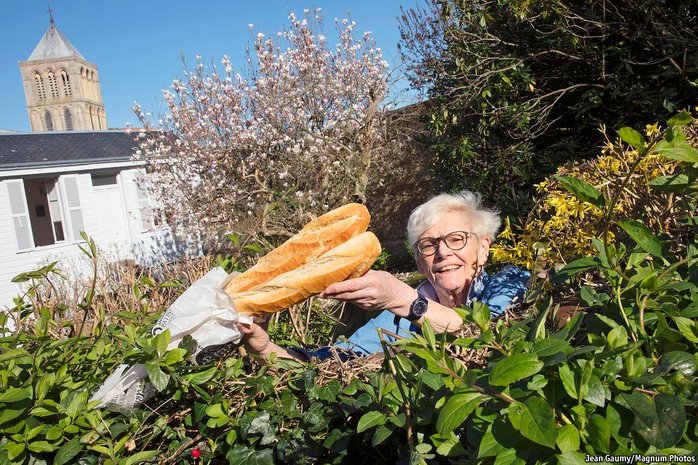
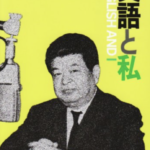

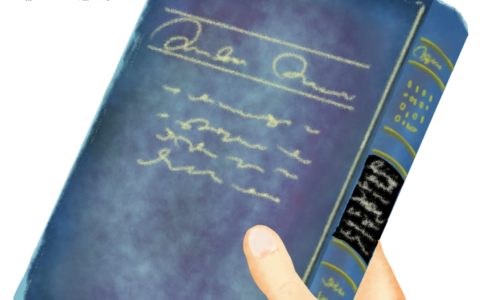
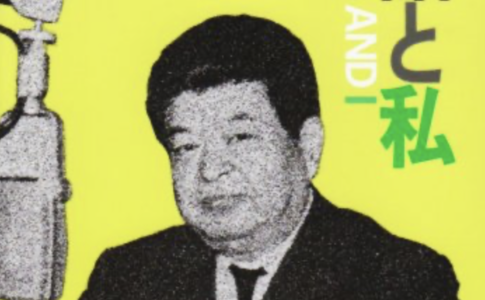
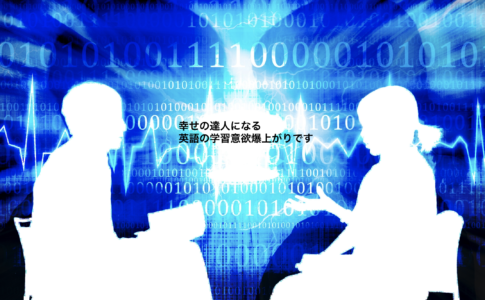
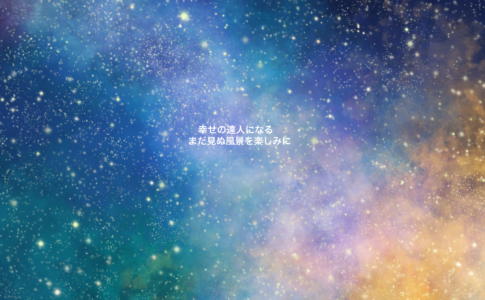
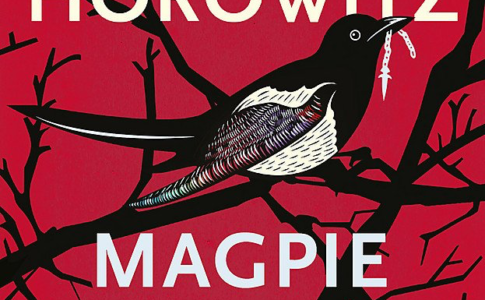
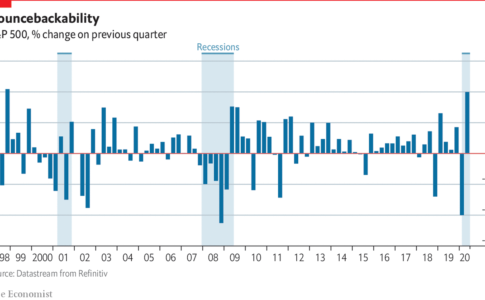
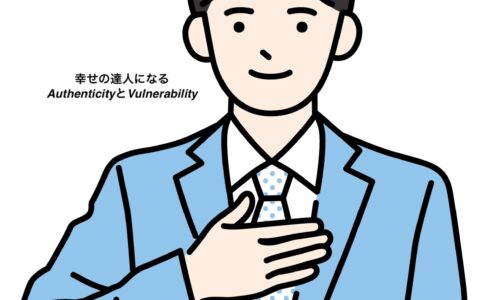
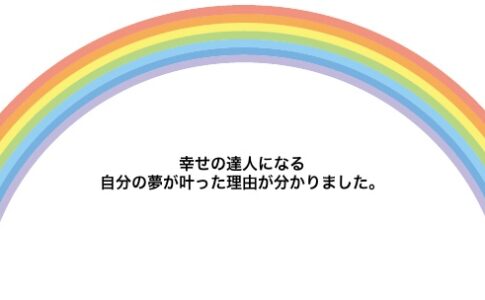
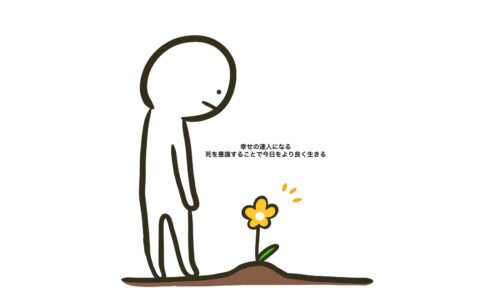
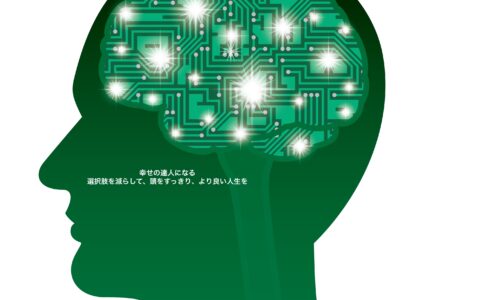

コメントを残す